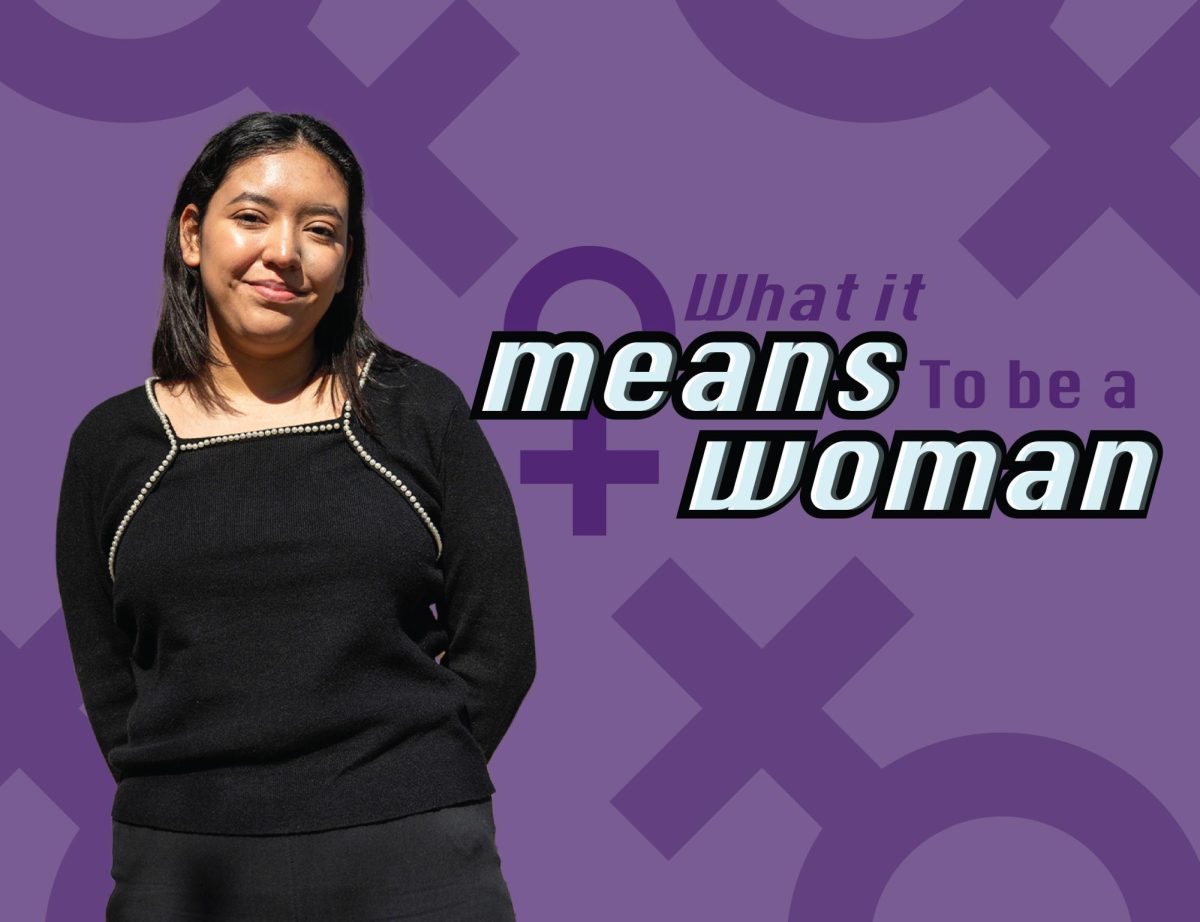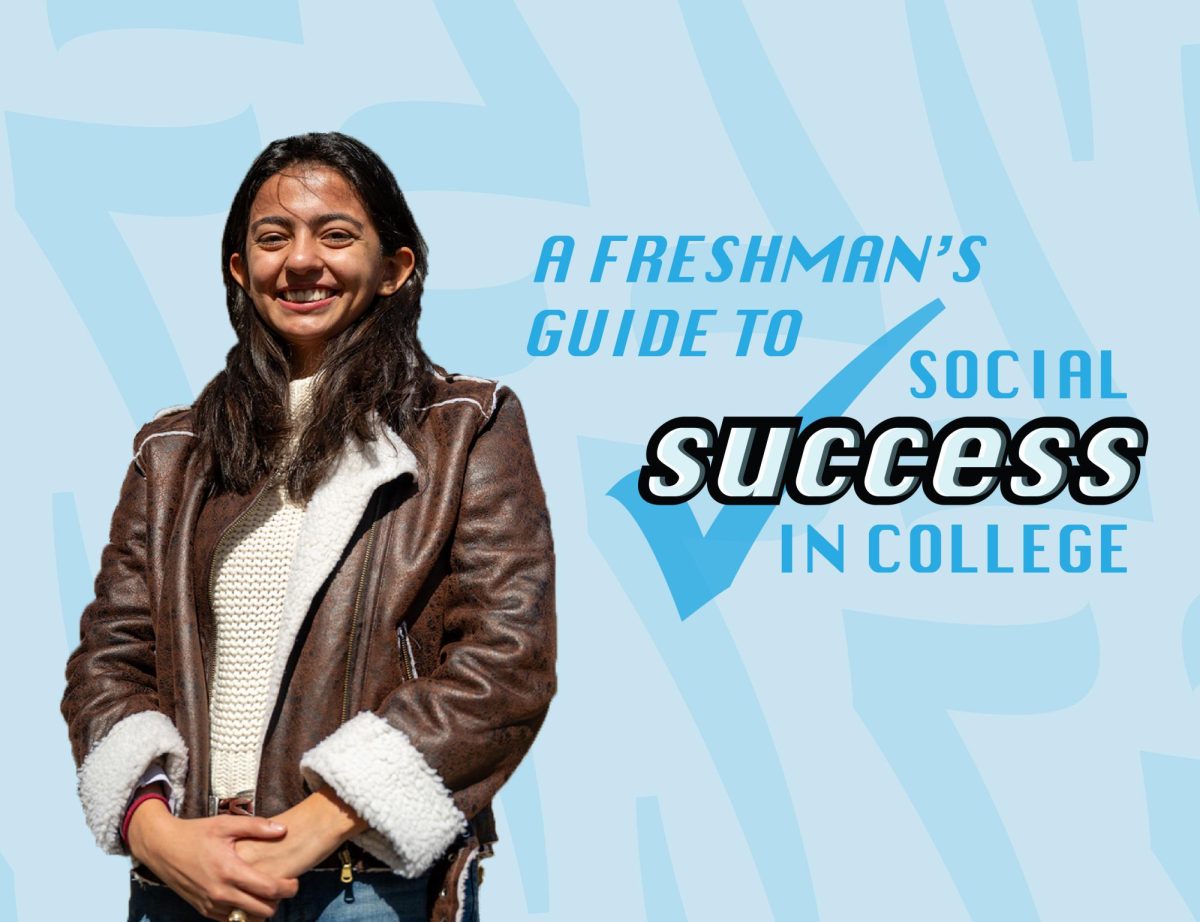The future generations of the U.S. might be in serious trouble if they continue their inability to distinguish real news from fake news. A 2016 study from Stanford’s Graduate School of Education has found less than a third of college students from three different universities were able to fully explain how the political agendas of progressive public advocacy groups influence the content of social media posts. This suggests some college students are not aware of the authenticity of news on social media when in comes to political issues.
A couple of days ago rumors about possible checkpoints near UTEP entrances by Immigration and Customs Enforcements agents were circulating around a Facebook group, causing concern for some students. UTEP officials said in a statement, “UTEP’s executive team and the University Police have no information to support these rumors.”
This trend could lead to a generation whose political beliefs and decisions are based on biased and fake news articles, and in today’s political climate, the last thing this country needs is more uninformed citizens who believe everything coming out on their Facebook feed is real.
How many times have you been scrolling down your screen just to find another ridiculous headline about Trump or about the policies he wants to implement? It’s become common to see how many of our Facebook friends don’t even take the time to actually read the entire article before sharing it on several social media platforms.
Some stories shared on Facebook have caused panic among people in the U.S. Rumors about visa removals and cancellations for having memes of President Donald Trump on their phone while crossing the border have been spreading without the confirmation of any authorities or victims. But people keep on sharing posts without knowing the fear it may bring to other immigrants.
Getting your news entirely from Facebook is an error that some millennials do not understand they are making.
Stories have been published in websites with similar names of respectable news outlets with the purpose of making money through the traffic they will receive, and unfortunately, those stories have made some people become uninformed and biased.
There is a higher chance you will miss important political information about your city and state if you only follow right-wing or left-wing news accounts on social media or any other news sources with a set political agenda in their content.
Sharing news and awareness through Facebook groups is a great way of helping people, but stop sharing posts if you’re not sure about their authenticity. Look at what other media sources are talking about, get in contact with experts and confirm what you’re viewing and reading before sharing them.
It is important to recognize how activists, supporters of certain political beliefs and people wanting to make money off of clicks will use social media as a way of gaining people’s support. They will write headlines, stories and post videos based on lies with the goal of getting your attention to gain traffic.
Besides having the risk of reading fake and biased news, Facebook presents another problem that may lead to a more uninformed generation.
On Facebook, you won’t be able to automatically find all the stories from your friends and favorites websites. It is important to understand how Facebook’s News Feed may block some posts based on an algorithm that predicts the posts you’re more likely to be interested in. This means factual and reliable news could be at the end of your news feed due to the algorithm doing its job. By being at the end, it is more likely the user will never reach those posts.
If your main source for news is Facebook, then the Washington Post advises that users to click on the options “top stories” and “most recent” to change the order in which they receive news, posts and pictures.
This might help a little, but the real answer to stopping this negative trend is to become a fact checker, check the logos, keywords, website links and the authenticity of the publication. Have more than two or three reliable sources from where you may confirm the information you’re receiving.







